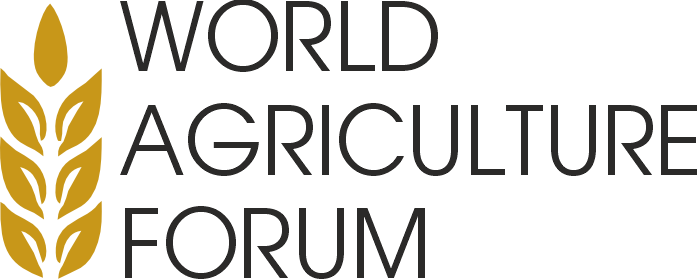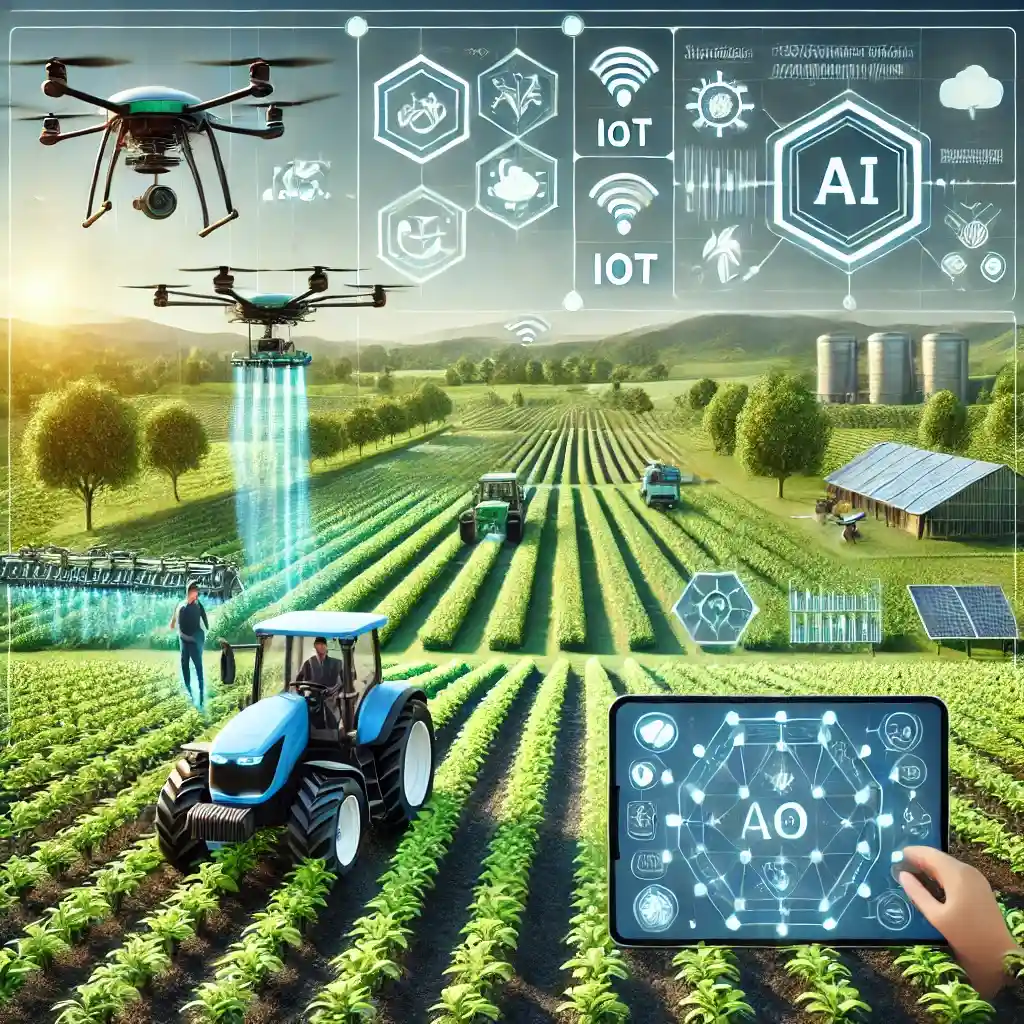Welcome to World Agriculture Forum


Welcome to World Agriculture Forum

Agriculture today faces an unprecedented convergence of global challenges: climate volatility, resource depletion, shifting demographics, and rising demand for safe, nutritious, and sustainable food. Scarce land and water are under mounting pressure, while emerging technologies—from digital platforms to biotechnology—are transforming how food is produced, traded, and consumed.
Yet, smallholder farmers remain the most vulnerable—exposed to market shocks, constrained by policy gaps, and often excluded from key decisions affecting their future.
Fragmented or piecemeal responses are no longer adequate. What is needed is a framework that is globally connected, nationally empowered, and locally implemented. WAF Country Councils offer this solution. They translate global strategies into country-specific actions, empower national leadership, mobilize local communities, and ensure transformation is driven from the ground up.
Since its inception, the World Agriculture Forum (WAF) has worked to shape sustainable agriculture and food systems through a unique blend of global foresight and grassroots relevance. WAF convenes governments, farmers, agribusinesses, experts, and development institutions to ensure that global commitments deliver tangible improvements—better yields, stronger markets, and improved livelihoods.
WAF Country Councils serve as national anchors, translating global commitments into localized strategies. They are built on the principle that while agriculture's challenges are global, its solutions must be rooted in local realities. These councils promote inclusive governance, shared accountability, and farmer-centric transformation.
By bringing together diverse stakeholders, translating vision into action, and showcasing successful models, the Councils ensure that sustainable agriculture, food security, and climate resilience are not only debated but also delivered—from policy rooms to farmers’ fields.
Global strategies must be tailored to national contexts. Councils serve as interpretive bodies, translating WAF’s vision into actionable local programs.
Under the guidance of Country Directors, WAF decentralizes leadership to ensure responsiveness to national priorities while aligning with global goals.
Councils build both vertical (with governments and global institutions) and horizontal (with farmers, NGOs, industries) linkages for multi-level governance.
National coalitions accelerate innovation, promote sustainable practices, and effectively advocate for food security and agricultural transformation.
Councils feed ground-level insights—emerging challenges, opportunities, and innovations—back into WAF, strengthening global strategy with real-world knowledge.
Collaborate with governments to craft policies addressing local needs while aligning with global goals on food security and sustainability.
Introduce globally proven practices in farming and agribusiness to accelerate growth and improve farmer returns.
Forge partnerships among stakeholders to adopt smart technologies, build climate resilience, and expand agribusiness opportunities.
Convert WAF’s global vision into measurable national outcomes—from improved agricultural practices to trade strategies.
To create a globally connected, locally empowered agricultural ecosystem that harnesses global best practices, drives national policies, and fosters economic prosperity through sustainable farming and agribusiness.

Foster National Collaboration: Unite ministries, farmer groups, academia, business, and trade bodies to build synergies aligned with national and global frameworks.
Empower Farmers & Local Innovation: Provide access to training, finance, and technology. Support farmer-led innovations and connect producers to global markets.
Advance Sustainable Development & Climate Resilience: Develop standards and best practices with stakeholders to build resource-efficient, climate-resilient agricultural systems.
Boost Agribusiness, Trade, & Technology: Promote investment, support agritech startups, and strengthen national competitiveness in global markets.
Serve as National Knowledge Hubs: Facilitate research, dialogue, and innovation-sharing between global institutions and national actors.
Catalyze Public-Private Partnerships: Bridge public institutions and private enterprises to implement innovative, country-level agricultural projects.
Convening Global Stakeholders: Host annual events where world leaders converge to discuss and set the global agricultural agenda, driving transformative change.
Recognizing Excellence: Present the Agriculture Awards to honour individuals and institutions who have made remarkable contributions to global agriculture.
Each Country Council is led by a Country Director, appointed from the WAF Council. They are the primary bridge between WAF’s global strategies and national execution.
Establish and expand WAF’s national presence by building inclusive councils and stakeholder networks.
Advocate for sustainable agriculture aligned with global goals, sharing global success models.
Coordinate with regional and global councils to implement strategies tailored to national contexts.
Collaborate with governments and industries to promote reforms, investment, trade, and technology adoption.
Host events, policy dialogues, and workshops to connect national challenges with global solutions.

Country Directors are the living link between global vision and local transformation.
To review progress, set national priorities, and align with global WAF strategies.
Ensures strategic direction, governance, and inter-sector partnerships.
Councils feed local insights into WAF and bring back global innovations and policies.
Ongoing collaboration through digital platforms, webinars, and roundtables.
Unified platforms for stakeholder collaboration and policy advocacy.
National Agriculture Agenda Reports with country-specific policy recommendations.
Whitepapers & Research Briefs on global best practices and localized insights.
Investment & Innovation Facilitation linking startups, research, and capital.
Annual Impact Reports tracking KPIs like income growth, climate resilience, and food security.
Capacity-Building Programs for farmers and cooperatives.
Representation in Global Summits to elevate national priorities.
Multi-stakeholder platforms fostering inclusive dialogue and partnerships.
| # | Level | Composition | Role |
|---|---|---|---|
| 1 | Council Membership | 50–200 members: policymakers, farmers, agribusiness, academia, civil society, and agri entrepreneurs | Broad representation, dialogue, knowledge-sharing, and collective decision-making |
| 2 | Executive Committee | 15-20 Members | Strategic planning, governance oversight, coordination and implementation |
Be part of the vital link between global vision and local transformation.
The World Agriculture Forum (WAF) is a global platform uniting governments, farmers, agribusinesses, and development institutions to promote sustainable agricultural transformation. Through policy advocacy, technology-driven solutions, trade facilitation, and inclusive partnerships, WAF addresses implementation gaps and builds resilient food systems for a secure future.